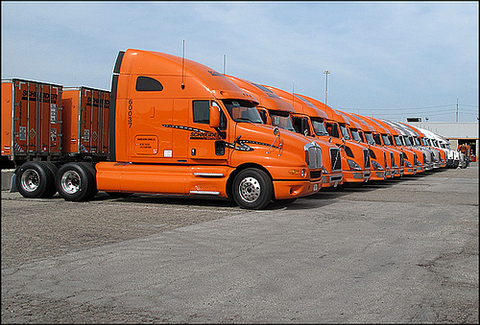What is a carrier or motor carrier in trucking?
In the trucking and logistics industry, a carrier is a company that has the capacity to transport goods from one location to another using its own vehicles or equipment. Carriers may operate their own fleet of trucks, or they may use leased or rented equipment.
Carriers are responsible for the transportation of goods by road, rail, air, or sea, depending on the mode of transportation required. They may offer a variety of services, such as less-than-truckload (LTL) shipping for smaller shipments, full truckload (FTL) shipping for larger shipments, or specialized services for handling hazardous materials or oversized loads.
Carriers play a critical role in the transportation industry by providing the physical infrastructure and resources needed to move goods from one place to another. They work with shippers (companies or individuals that need to transport goods) and with freight brokers (intermediaries who facilitate the movement of goods by matching shippers with carriers) to coordinate the logistics of transportation.
Owns a fleet of trucks, picks it up from the shipper and takes it to destination. A Motor Carrier must apply for a license, and do a lot of different governement registrations to become a for-fire carrier. A motor carrier cannot broker loads without first applying for and receiving a license to operate as a property broker.
